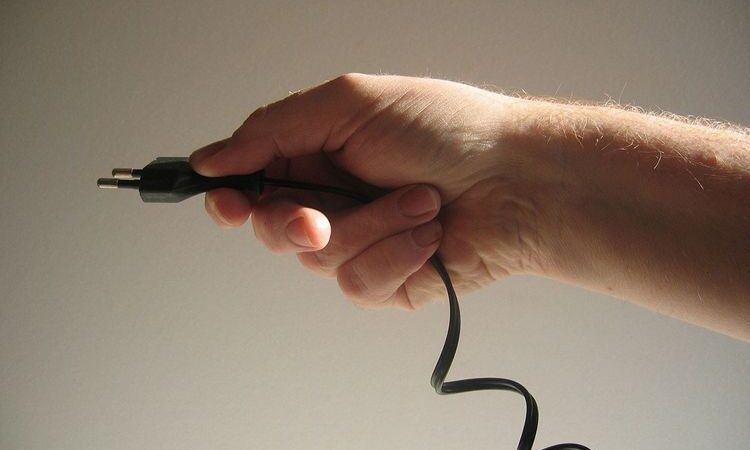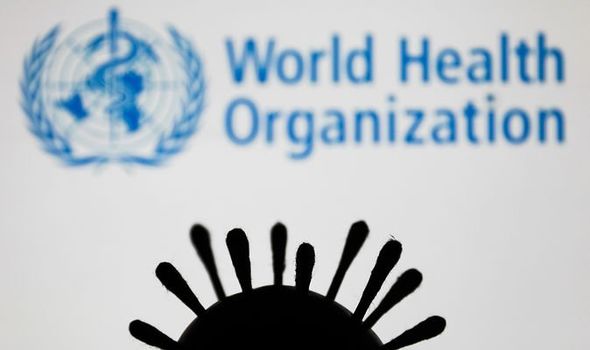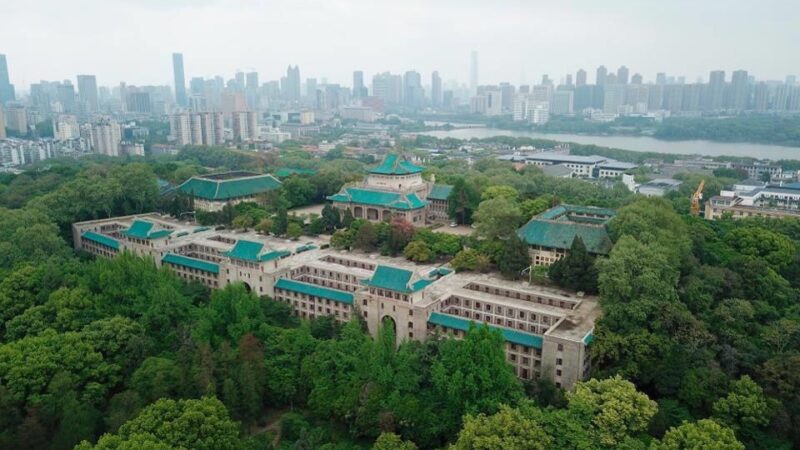New Zealand’s third case of COVID-19 to emerge this week traveled to Auckland from Lahore. The Director-General of Health, Dr. Ashley Bloomfield, confirmed that the man, in his 60s, is in quarantine after coming to New Zealand on Flight NZ124 after transiting through Doha and Melbourne. He stayed at an isolation hotel before being moved to quarantine.
Officials in the Chinese capital, Beijing, have highlighted risk of contamination through packaging. In the city which reported 22 new cases on Friday, nucleic acid tests are being carried out on all food and parcel delivery personnel. Officials have been testing people working in catering, including restaurant staff, as well as imported food after virus was found on chopping boards used to handle salmon.
A COVID-19 patient in India died after his family disconnected the ventilator to plug in the air cooler to combat the scorching heat.
A design that reconfigures airplane cabins with double-decker lie-flat seats in premium economy is being touted as a possible solution for fliers looking for more protection from the spread of Covid-19. Zephyr Seat is the vision of designer Jeffrey O’Neill, who reckons the isolation from fellow passengers that his creation will offer could be a game changer in the wake of the pandemic.
Scientists at the University of Oxford said they have identified the first drug proven to reduce coronavirus-related deaths, after a 6,000-patient trial of the drug in Britain showed that a low-cost steroid could reduce deaths significantly for hospitalized patients. The steroid, dexamethasone, reduced deaths by a third in patients receiving ventilation, and by a fifth in patients receiving only oxygen treatment.
Owing to the pandemic, Malaysia has decided to withdraw from this year’s Hajj, a ritual for which Muslims all over the world travel to Makkah. Malaysia’s Religious Affairs Minister stated it was not safe for the 31,600 pilgrims from Malaysia due to go this year to take part. Last week Indonesia also pulled out 200,000 of its pilgrims from the annual pilgrimage.
Norwegian scientist Birger Sørensen’s claim that novel coronavirus was lab made have been dismissed by scientific and intelligence experts. Sørensen and British professor Angus Dalgleish claimed the coronavirus’s spike protein contains sequences that appear to be artificially inserted. Virologists, however, note that similar sections appear naturally in other viruses. Intelligence sources from Britain’s MI5 dismissed the idea as “rumor and conspiracy”.
The World Health Organization (WHO) has said that asymptomatic patients is of coronavirus rarely transmit the disease. During a press briefing, head of WHO’s emerging diseases and zoonosis unit, Dr. Maria Van Kerkhove, said spread from asymptomatic and presymptomatic people does occur, but recommended focusing on tracing and isolating symptomatic people to better attack the outbreak.
Health authorities in New Zealand have said the country has released its final COVID-19 patient from isolation on Monday. The country manage to beat the virus with a strict seven week lock down and stringent travel restrictions. There have been no new infections for 17 days and, until Monday, just one active case for more than a week.
Norwegian scientist Birger Sørensen has claimed the novel coronavirus SARS-CoV-2 is not natural in origin. The study from Sørensen and British professor Angus Dalgleish show that the coronavirus’s spike protein contains sequences that appear to be artificially inserted. They also highlight the lack of mutation since its discovery, which suggests it was already fully adapted to humans.










